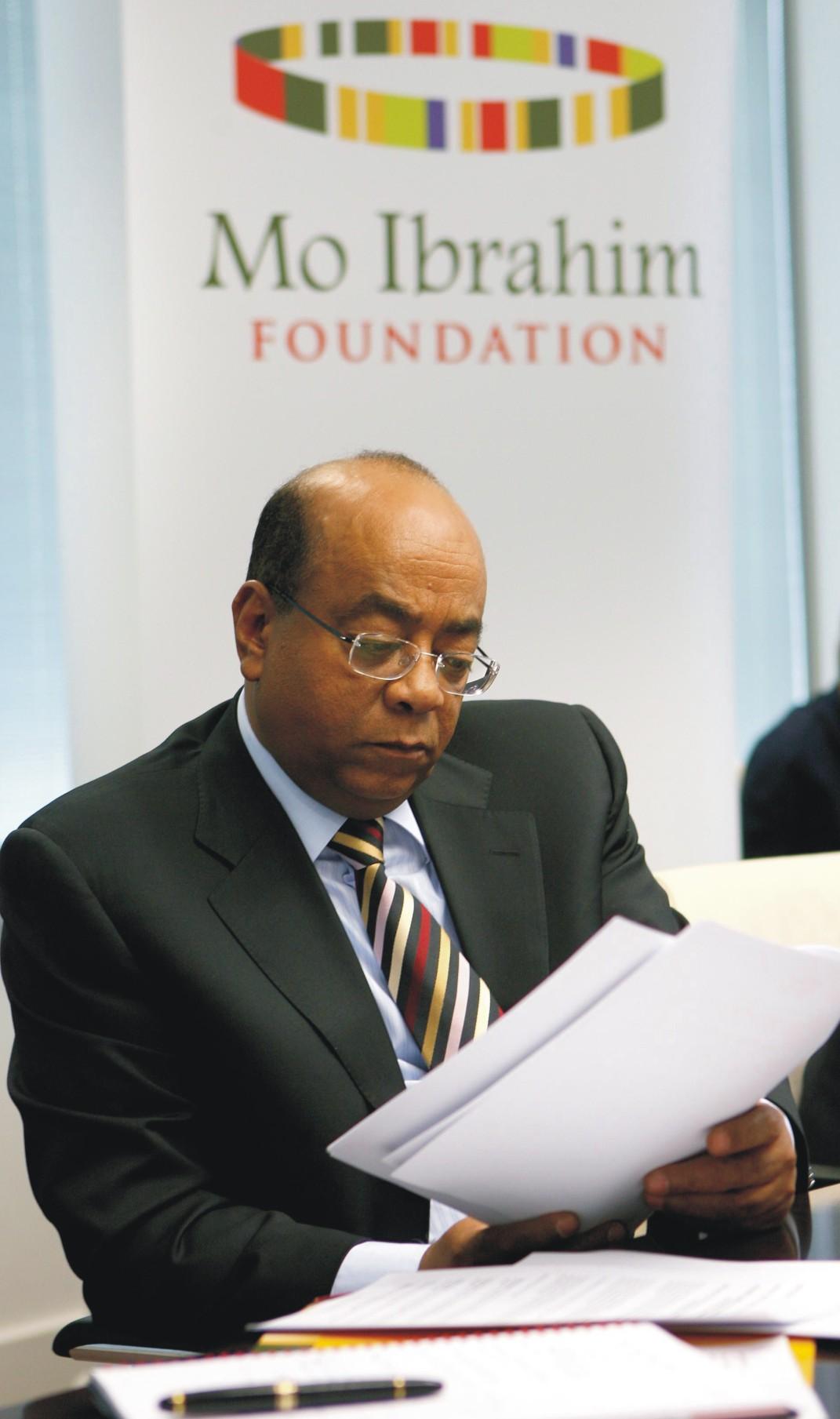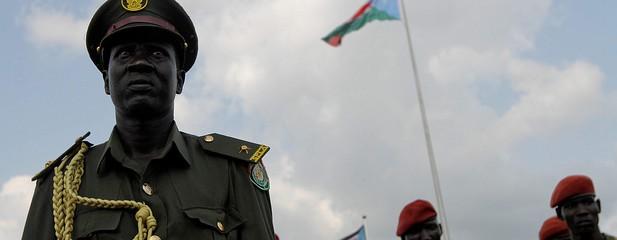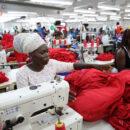Mo Ibrahim Index and Governance Prize: time to stop measuring leaders and start rewarding countries? – By Dele Meiji Fatunla

This year’s launch of the Mo Ibrahim Index on Governance and the Mo Ibrahim Prize for leadership was full of signs and signals. In a signal that it wanted to engage more with governments, the foundation appointed Abdoulie Janneh, former executive secretary of the Economic Commission for Africa to its board; in a signal that it wanted the launch of the index to reach as broad an audience as possible the index launch was streamed live in English and French, and questions from far and wide, sent in by email, were fielded by Hadeel Ibrahim, the foundation’s Director of External Strategy. So when Salim Ahmed Salim, head of the Ibrahim Prize’s judging panel, rose to announce that there was no winner for the 2012 prize, the signal seemed unmistakeable to many – among the crop of leaders who run African countries, there was not one worthy leader – a damning indictment of African leadership.
It’s worth bearing in mind that the criteria for the Ibrahim Prize are rather strict – not only must eligible candidates be democratically elected; they must have left office with 3 years of the awarding of the prize and not have exceeded their constitutionally defined limits. The absence of a winner points paradoxically to the predictability [of authoritarian tendencies amongst African leaders] and the lack of predictability [of electoral processes] in many African countries.
In some quarters, the lack of a winner is perceived as another negative message about Africa; many are clamouring for the foundation to relax the criteria for the prize. Others claim the very premise and narrow definition of the idea of leader itself is flawed. Why won’t they consider widening the prize to include civil society or opposition leaders? Responding to critics, Mo Ibrahim said rather tartly, that the foundation “hasn’t secured a monopoly on prizes, anyone is free to launch one”. He threw down the gauntlet to journalists to focus on the index rather than the prize.
The Foundation’s tenacity in sticking to its guns is admirable, though it may be anathema to those who clamour for a positive narrative about the continent. In a world where the Nobel peace prize has been used as a vehicle for the expression of hope rather than of reward for actual achievement (see Barack Obama), it is bold to decline to reward assumed success or failure.
In contrast, the measure that the foundation’s index provides is more surefooted and illuminating about the state of African nations. The rise of economic prosperity is reflected in the index – all 11 categories that measure sustainable economic and human development showed positive trends. In spite of this, countries like Nigeria, Kenya, Egypt and South Africa – lynchpins of regional economic activity – continued to display a downward trend in governance.
The foundation protests that the Ibrahim prize is not as significant as this index, which is where, it argues, the real story of Africa’s progress can be measured.
This is, however, somewhat disingenuous.
If the index is more important than the prize, the profile and consideration it is given should reflect its importance. Perhaps it’s time the foundation does away with the emphasis on fickle African leaders and started to reward individual countries based on their improved performance.
It would follow the example of the recently launched Web Index, a measure of global internet openness, which gave its top place and prize to Sweden. The Web Index’s award may not make much difference to the country, but the award of an Ibrahim prize for improved governance would surely give a fillip to the fortunes and international profile of a country like Tanzania, which for the first time moved into the top ten rank of best governed countries.
Dele Meiji Fatunla is Website Editor for the RAS and also of Diaspora Debate







[…] light of the lack of award, many have questioned the narrow criteria by which the award is judged, and the non-eligibility of leaders who are not […]